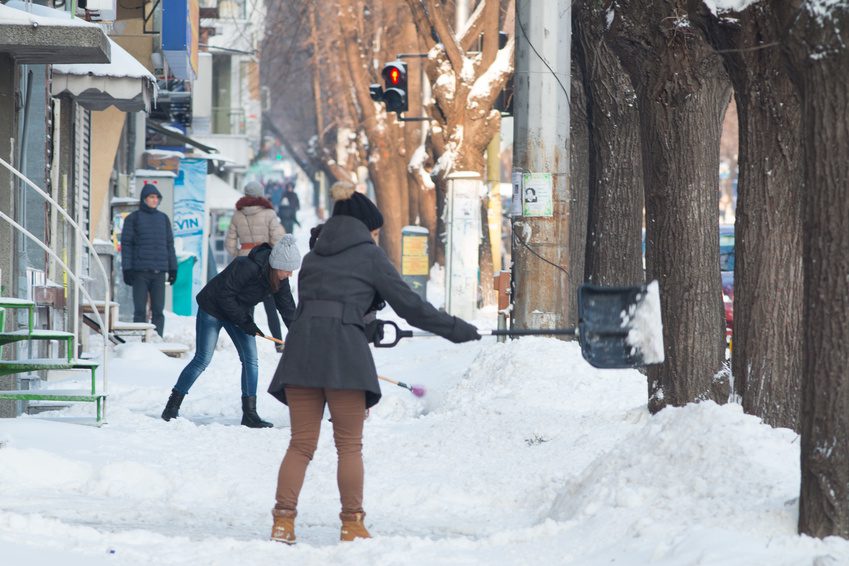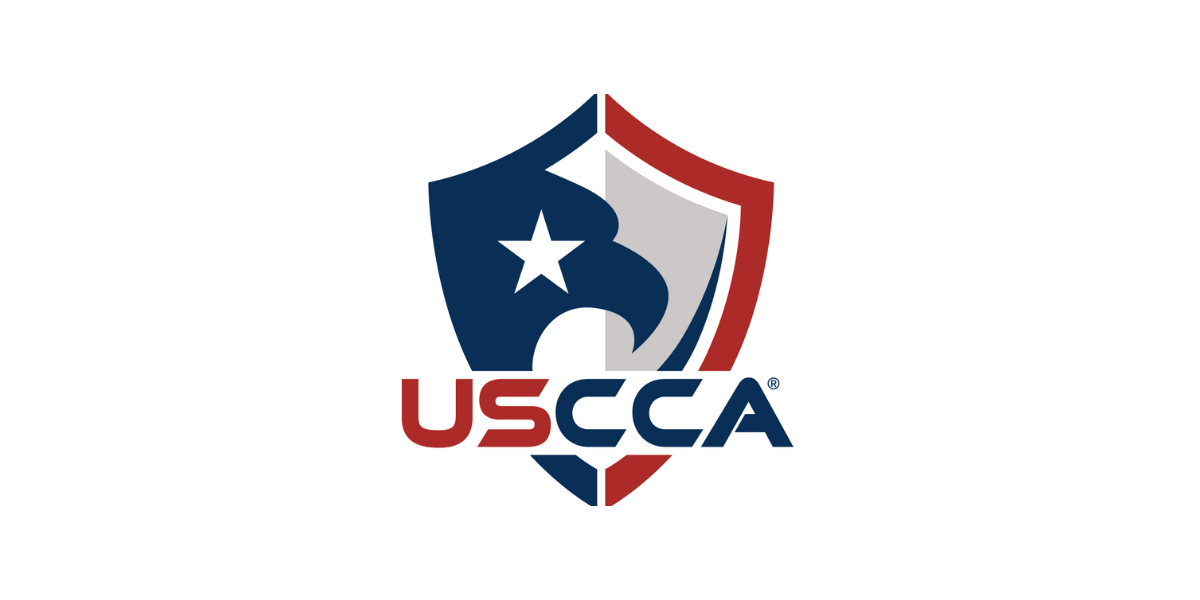Ol’ Man Winter can be a real pain for New Yorkers. Its storms wreak havoc on the roads and force homeowners, business owners and landlords out into the cold to clear away the snow and ice. It’s a pain we all must share and we all must bear.
It’s also a duty we cannot put off for a warmer day. Once the snow stops falling, it’s every property owner’s responsibility to clear it: from all outdoor surfaces someone would have to walk on – driveways, parking lots, walkways and stairs – in a reasonably short period of time. The longer you wait to clear the snow, the greater the chances of someone slipping and falling on your property becomes.
“What’s the big deal? People should wear the proper footwear and watch where they are walking,” you might be tempted to say. But, the reality is that people fall and people get injured. When that happens, liability is always a possibility.
Having someone fall on your property isn’t just an accident; it’s also a potential lawsuit. The person who slipped on the icy sidewalk or fell into a snowbank hardened by thawing and freezing can claim the injury wouldn’t have happened if the property owner did the responsible thing by clearing away the snow and ice. While not everyone would sue in this type of situation, all it takes is one insurance claim to potentially cause your premiums to increase or for the insurance company to drop you because you’re too much of a liability risk.
What if you’re a renter? Isn’t it the landlord’s responsibility to remove the snow? Not necessarily. Some landlords place clauses in their renter’s agreements that state the occupant must clear all of the snow and ice from in front of their entrance, including the walkway. Renters should carefully check their lease agreements to see who is responsible for storm cleanup, so they don’t fall into a false sense of security about who is to blame when someone falls outside of their apartment or store.
What if you rely on a snow removal service to come clear away what winter storms deposit, and it doesn’t arrive in a timely fashion? Who is liable when someone injures himself or herself because the snow hasn’t been sufficiently removed by the company hired to do the work? It depends on the conditions of the contract, but the general rule is that you still could be liable even if the removal service fails to do its job.
The standard for determining liability in these matters is whether the person acted reasonably to remove the snow or ice from their property. If you want to avoid liability, your best bet is to clear the snow and ice as soon as it is feasible after any storm ends. That obligation only begins, however, after the precipitation ends; commonly referred to as the “storm in progress” rule. No matter how large or long the storm is, no one is expected to clear snow or ice, and no one can be held responsible, so long as the bad winter weather is still in progress. Once the storm ends, that is when the proverbial clock of responsibility starts ticking.
There is no universal time deadline as to when you must do the removal or in which liability can arise. If a snowstorm ends at 12:30 in the morning, you can wait until daylight before you start shoveling. If it ends at 12:30 in the afternoon, you should be clearing the snow at that point. Again the catchword is “reasonableness.” In the end, it could be up to a jury to determine whether what you did was reasonable and appropriate under the circumstances.
If the worst case scenario happens and someone slips and falls on your property due to snow or ice, be proactive. First, obviously, assist the person as best you can and call for medical assistance if needed. Ideally, if you have the means and chance, take a picture so as to record the scene as it appeared at the time of the incident. There is almost always disagreement as to what the conditions truly were. Having a photo of the scene could help everyone figure out how the accident happened.
Next, when the opportunity presents itself, call your insurance carrier. Find out if your homeowner’s or commercial insurance covers what happened, and let them do the work and investigation for you. This normally could involve them hiring an attorney to represent your interests.
Bear in mind that you can get can contact and hire your own experienced attorney to discuss your rights under any insurance policy and what your potential exposure is. Although the attorney hired by an insurance company has to protect your interests, it may be better to have an attorney yourself to make sure your rights and coverage are maximized.
Snow and ice are inevitable when you live through a New York State winter. That does not give you the excuse to let it sit unattended, though. When a winter storm hits, be prepared to clear the snow at the first opportunity you get.
Mario D. Cometti, Esq. is a Partner at Tully Rinckey PLLC’s Albany, NY office. Mr. Cometti is an experienced civil and commercial litigator with regard to liability matters. At Tully Rinckey we can help you navigate the insurance, contractual and overall legal issues that will come up in the event that you or your business is confronted with a slip and fall. Immediate and proactive action can not only save you a lot of heartache, but also save you and your business from financial disaster.







